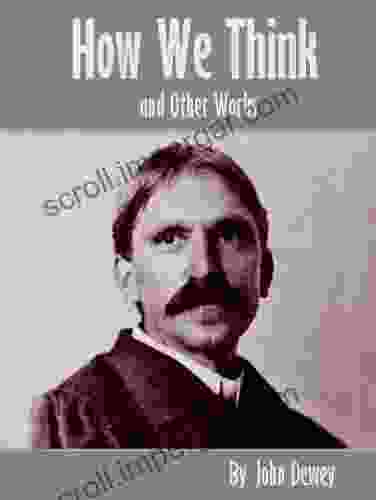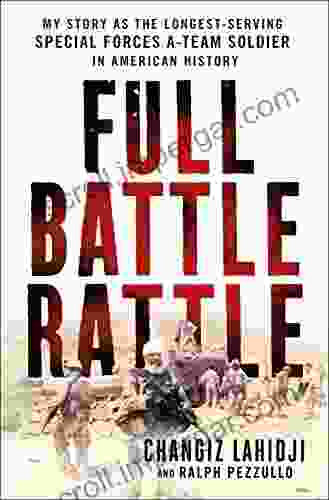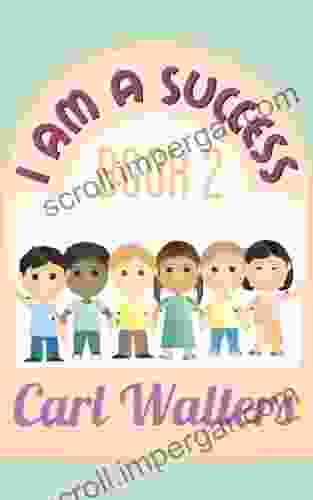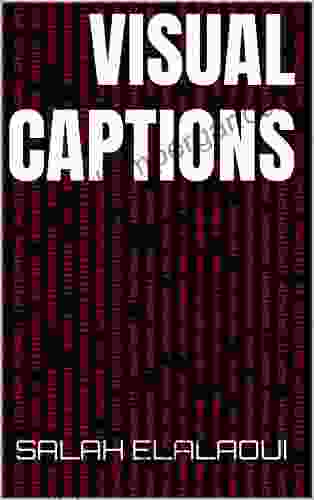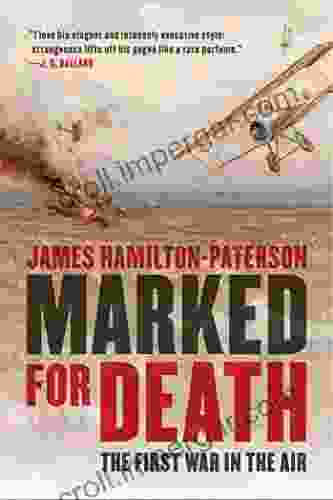Uncover the Secrets of Cognition: A Comprehensive Review of "How We Think and Other Works"

In the realm of human thought and learning, the seminal work of John Dewey stands as a beacon of brilliance, illuminating the path to deeper understanding and cognitive mastery. His groundbreaking treatise, "How We Think and Other Works," unveils the intricate workings of the human mind, laying the foundation for modern educational philosophies and psychological theories.
The Nature of Human Thought: Unraveling the Mysteries of Cognition
At the heart of Dewey's exploration lies the nature of human thought. He challenges traditional notions of thinking as a purely abstract activity, disconnected from the tangible world. Instead, he asserts that thought is an active, purposeful process rooted in concrete experiences.
5 out of 5
| Language | : | English |
| File size | : | 1382 KB |
| Text-to-Speech | : | Enabled |
| Screen Reader | : | Supported |
| Enhanced typesetting | : | Enabled |
| Word Wise | : | Enabled |
| Print length | : | 907 pages |
| Lending | : | Enabled |
According to Dewey, thinking is a form of inquiry, a deliberate pursuit of understanding that arises from a need to resolve problems and adapt to the environment. This inquiry-based approach emphasizes the experiential nature of thought, highlighting the importance of engaging with the world through experimentation, observation, and reflection.
The Theory of Knowledge: From Passive Reception to Active Construction
Dewey's theory of knowledge further challenges traditional understandings of knowing as a passive process of absorbing information. He argues that knowledge is not merely acquired through external sources, but rather actively constructed through our own experiences and interactions with the world.
This constructivist perspective emphasizes the role of the learner in shaping their own understanding. Knowledge is not a static entity but rather a dynamic, evolving process that is constantly revised and refined through new experiences.
The Role of Experience in Learning: Beyond Rote Memorization
Dewey's emphasis on the experiential nature of learning transformed the educational landscape. He believed that true learning cannot occur through rote memorization or isolated theoretical instruction.
Instead, he advocated for an experiential, hands-on approach that engages students in active problem-solving and inquiry. This approach fosters critical thinking skills, creativity, and a deeper understanding of the world.
The Legacy of "How We Think and Other Works": A Foundation for Modern Education and Psychology
The ideas and principles presented in "How We Think and Other Works" have had a profound impact on the fields of education and psychology. Dewey's theories laid the groundwork for progressive education, emphasizing the importance of experiential learning, student-centered instruction, and critical thinking.
In psychology, Dewey's work influenced the development of cognitive psychology and educational psychology. His insights into the nature of learning and the role of experience continue to shape our understanding of human cognition and the learning process.
: A Timeless Masterpiece for the Mind
John Dewey's "How We Think and Other Works" remains a classic work in the field of cognitive science, offering enduring insights into the nature of human thought, the theory of knowledge, and the role of experience in learning.
Whether you are an educator, a psychologist, or simply an individual seeking to enhance your cognitive abilities, this seminal work provides a wealth of valuable knowledge and inspiration. Its timeless principles continue to guide our understanding of the human mind and its boundless potential.
To delve into the depths of Dewey's profound insights, Free Download your copy of "How We Think and Other Works" today. Let its wisdom unlock the secrets of your own thinking and empower you to reach new heights of intellectual achievement.
5 out of 5
| Language | : | English |
| File size | : | 1382 KB |
| Text-to-Speech | : | Enabled |
| Screen Reader | : | Supported |
| Enhanced typesetting | : | Enabled |
| Word Wise | : | Enabled |
| Print length | : | 907 pages |
| Lending | : | Enabled |
Do you want to contribute by writing guest posts on this blog?
Please contact us and send us a resume of previous articles that you have written.
 Book
Book Novel
Novel Page
Page Chapter
Chapter Text
Text Story
Story Genre
Genre Reader
Reader Library
Library Paperback
Paperback E-book
E-book Magazine
Magazine Newspaper
Newspaper Paragraph
Paragraph Sentence
Sentence Bookmark
Bookmark Shelf
Shelf Glossary
Glossary Bibliography
Bibliography Foreword
Foreword Preface
Preface Synopsis
Synopsis Annotation
Annotation Footnote
Footnote Manuscript
Manuscript Scroll
Scroll Codex
Codex Tome
Tome Bestseller
Bestseller Classics
Classics Library card
Library card Narrative
Narrative Biography
Biography Autobiography
Autobiography Memoir
Memoir Reference
Reference Encyclopedia
Encyclopedia Stanley Tookie Williams
Stanley Tookie Williams Kristy Orison
Kristy Orison John Wackman
John Wackman Leanna Brown
Leanna Brown Joel Spring
Joel Spring Catherine Burns
Catherine Burns Latoya Rose
Latoya Rose Kate Long
Kate Long Carlos Alberto Burgoa Toledo
Carlos Alberto Burgoa Toledo Norman Domeier
Norman Domeier Ned Ryun
Ned Ryun Clay Jenkinson
Clay Jenkinson Jacques Lebon
Jacques Lebon Catherine Fallis
Catherine Fallis Thomas Newdick
Thomas Newdick Carlos Lozada
Carlos Lozada Carolyn Cinami Decristofano
Carolyn Cinami Decristofano Stephen Ray Flora
Stephen Ray Flora Chad Poole
Chad Poole Neil Sperry
Neil Sperry
Light bulbAdvertise smarter! Our strategic ad space ensures maximum exposure. Reserve your spot today!
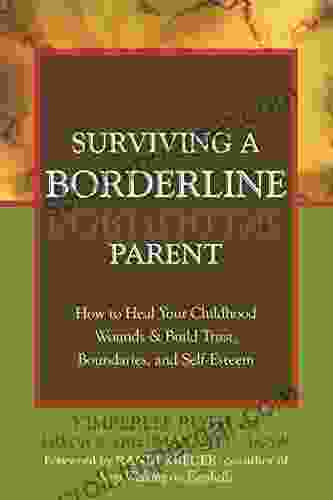
 Corbin PowellSurviving Borderline Parent: A Guide to Managing the Challenges and Healing...
Corbin PowellSurviving Borderline Parent: A Guide to Managing the Challenges and Healing... Diego BlairFollow ·13k
Diego BlairFollow ·13k Jackson HayesFollow ·9.6k
Jackson HayesFollow ·9.6k Josh CarterFollow ·13.9k
Josh CarterFollow ·13.9k Ivan CoxFollow ·16.5k
Ivan CoxFollow ·16.5k Robert HeinleinFollow ·18.7k
Robert HeinleinFollow ·18.7k David Foster WallaceFollow ·12.5k
David Foster WallaceFollow ·12.5k Sammy PowellFollow ·12.2k
Sammy PowellFollow ·12.2k Matthew WardFollow ·17.9k
Matthew WardFollow ·17.9k
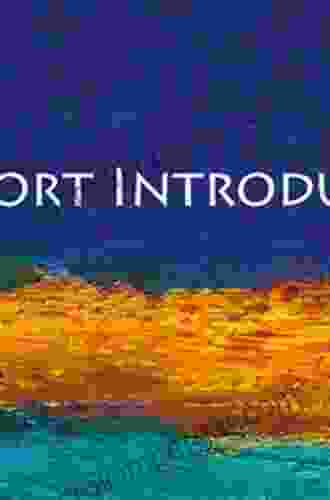
 Henry Hayes
Henry HayesVery Short Introductions: A Gateway to Knowledge...
In the realm of academia, where vast oceans of...
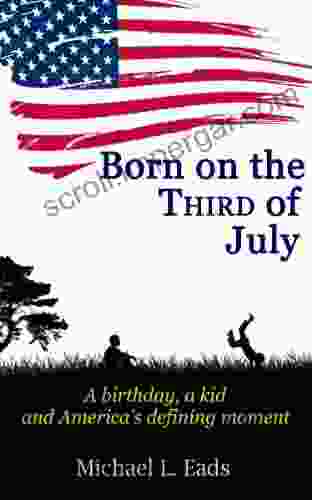
 Jean Blair
Jean BlairBorn on the Third of July: An Unforgettable Journey of...
Born on the Third...
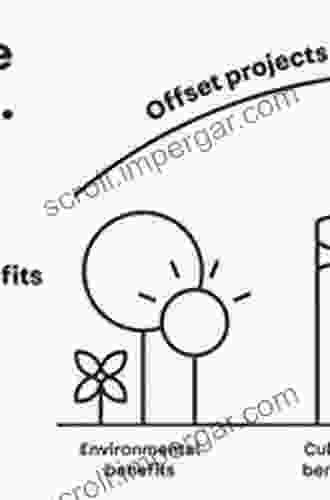
 Benjamin Stone
Benjamin StoneEnvironmental Offsets: Striking a Balance between...
In the face of pressing environmental...
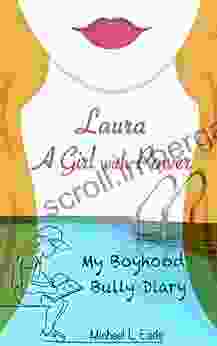
 Colin Foster
Colin FosterGirl With Power: My Boyhood Bully Diary
In this gripping and...

 Colin Foster
Colin FosterUnveiling the Unseen: The Collected Works of Charles Fort
Prepare to venture into...

 Gabriel Mistral
Gabriel MistralUnveiling the Hidden World of the English Republican...
Dive into the captivating world of 'The...
5 out of 5
| Language | : | English |
| File size | : | 1382 KB |
| Text-to-Speech | : | Enabled |
| Screen Reader | : | Supported |
| Enhanced typesetting | : | Enabled |
| Word Wise | : | Enabled |
| Print length | : | 907 pages |
| Lending | : | Enabled |


